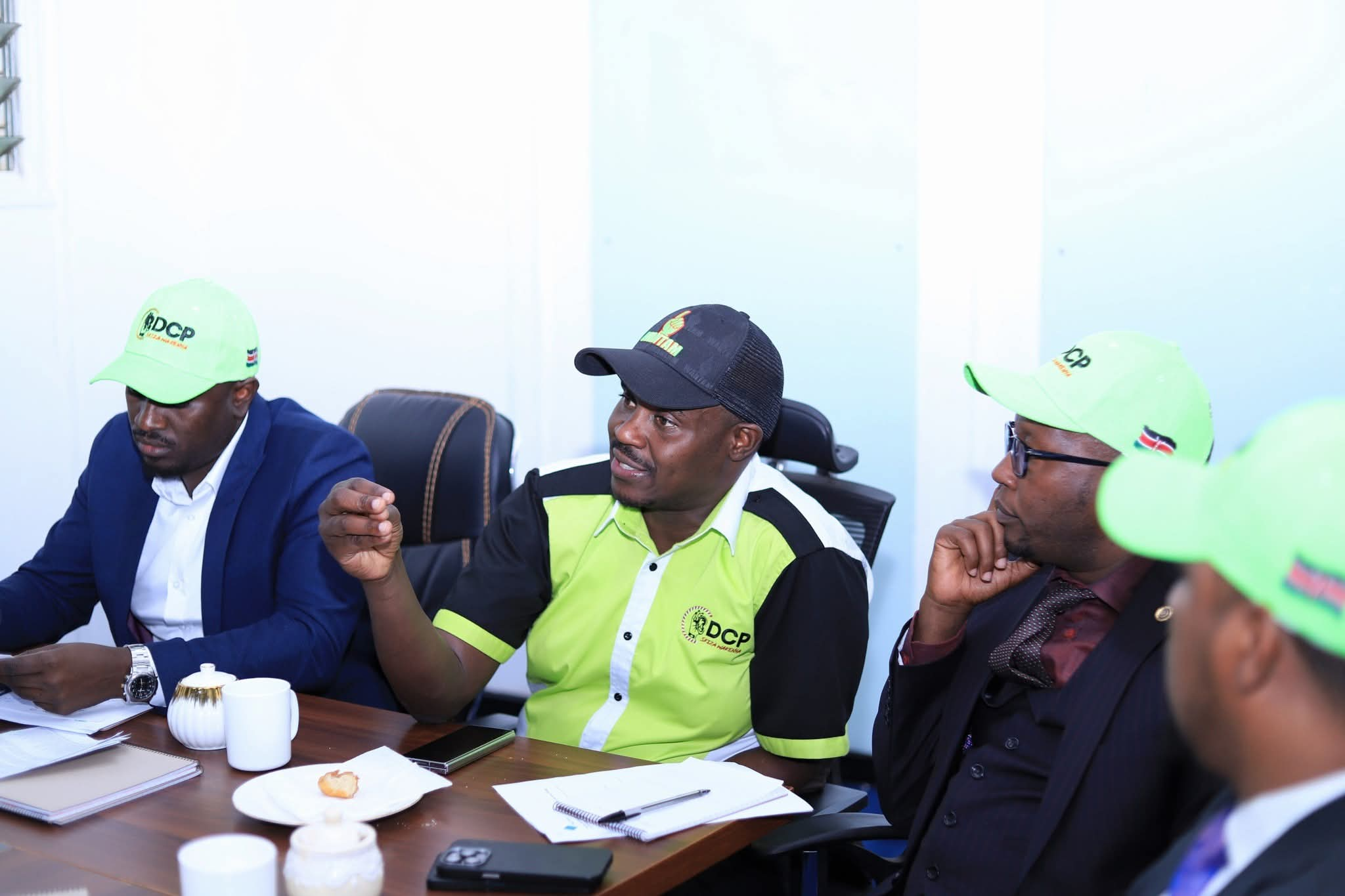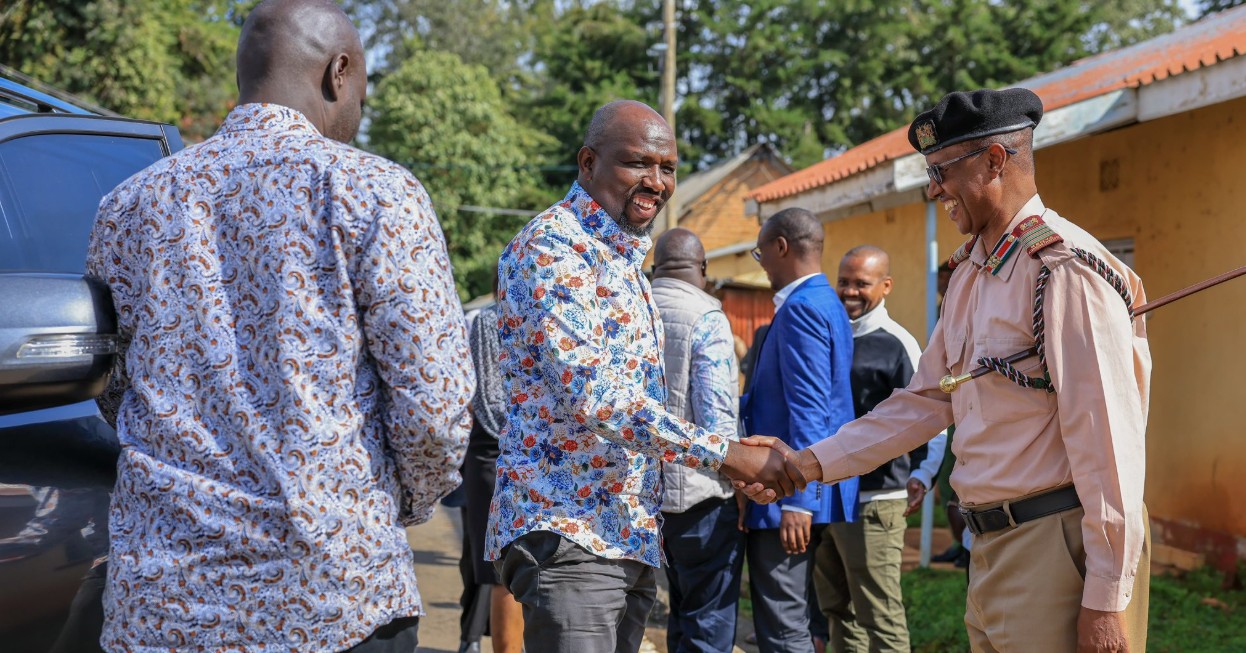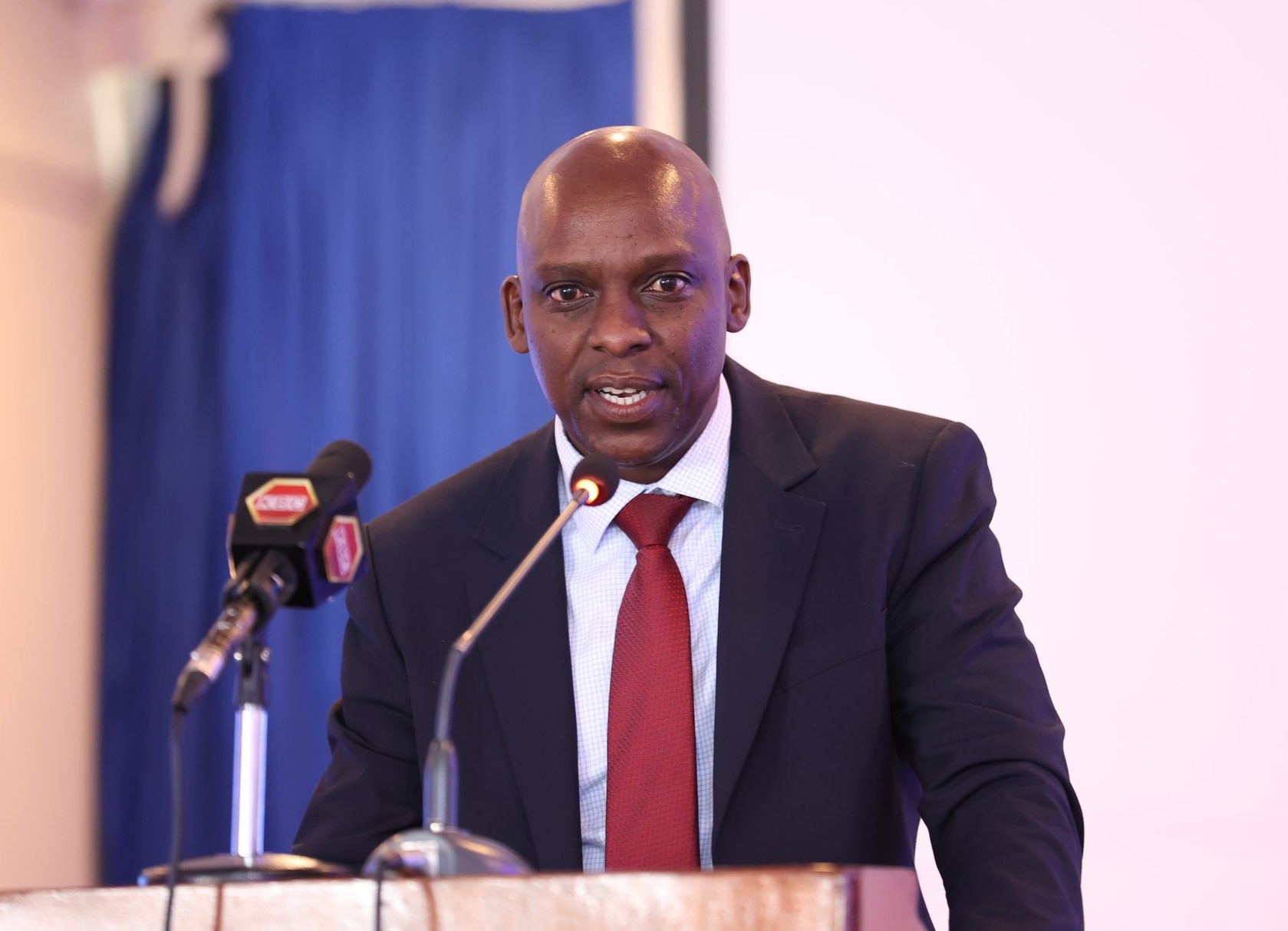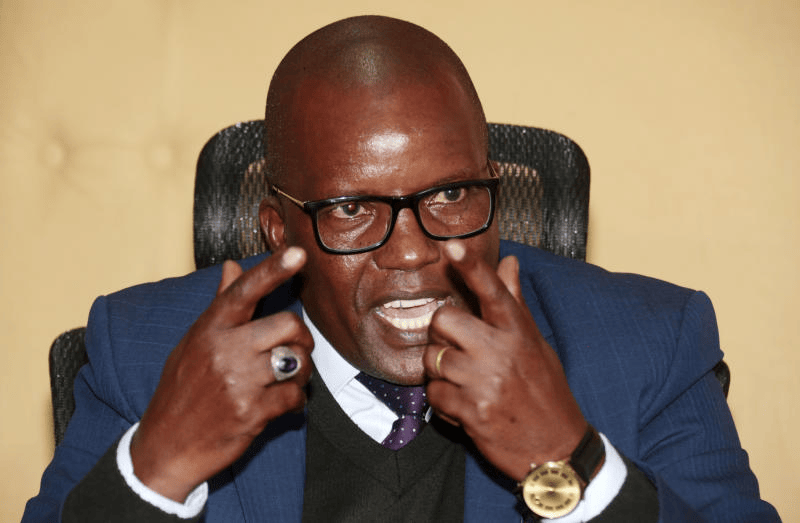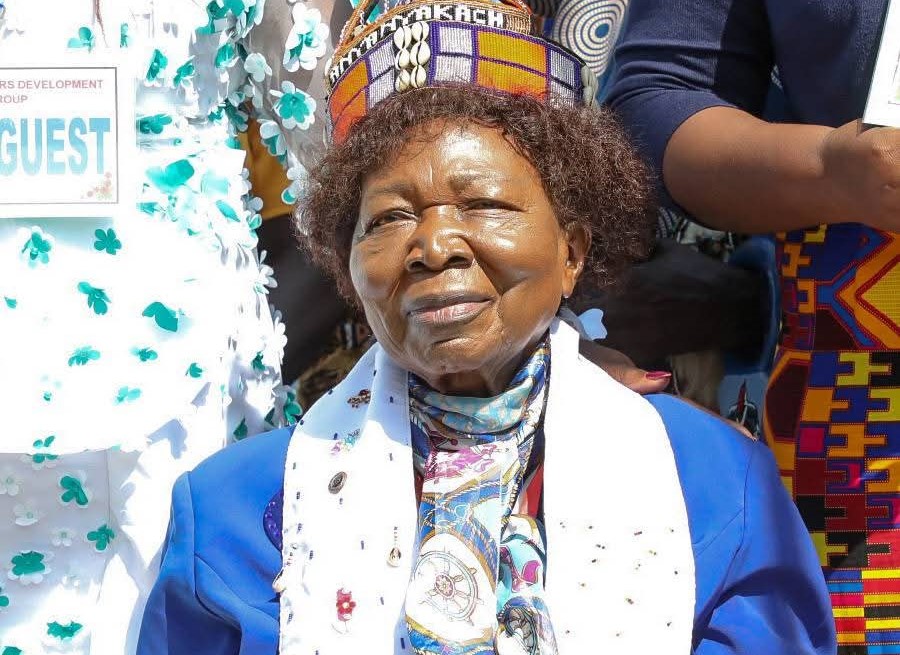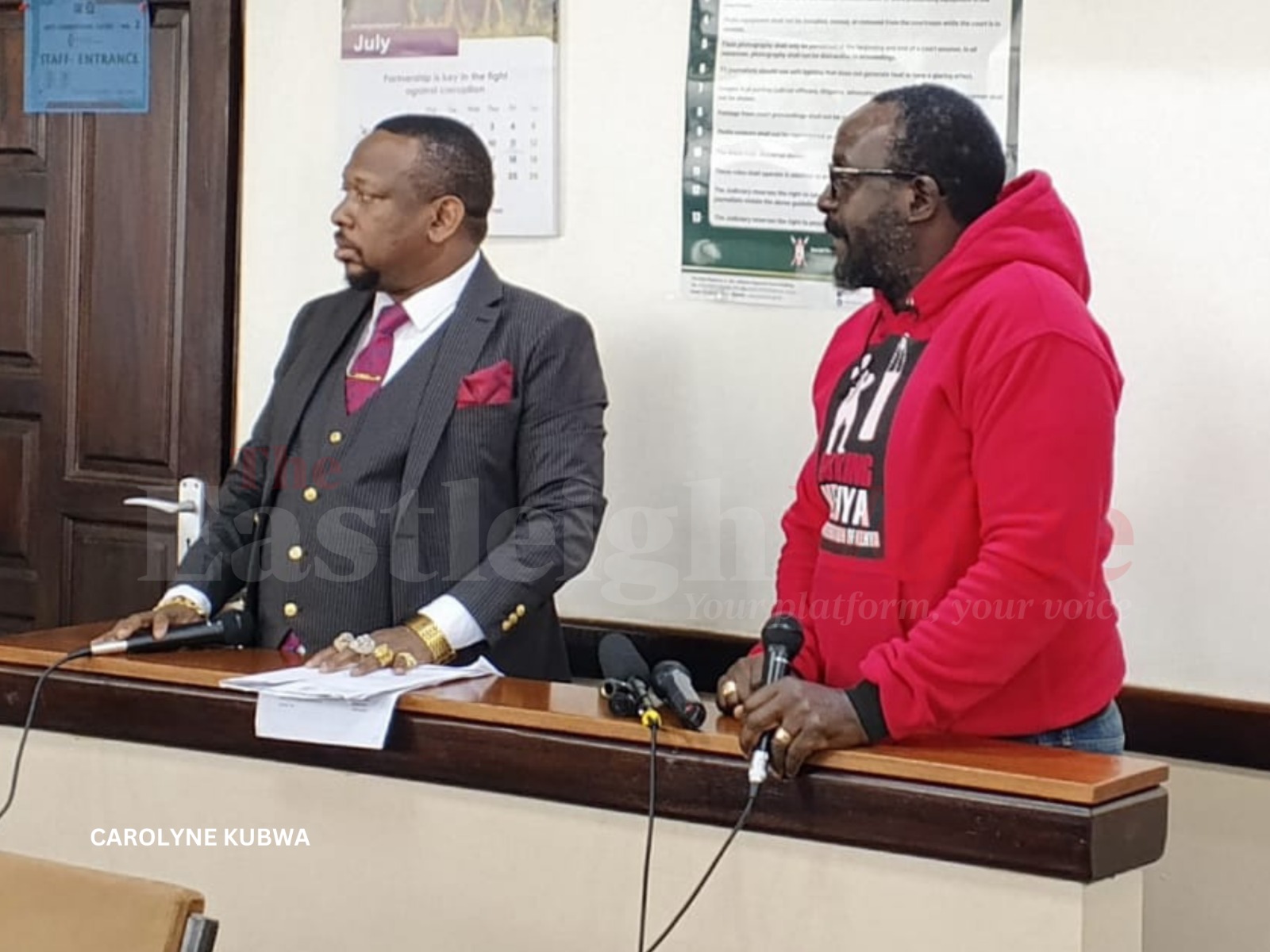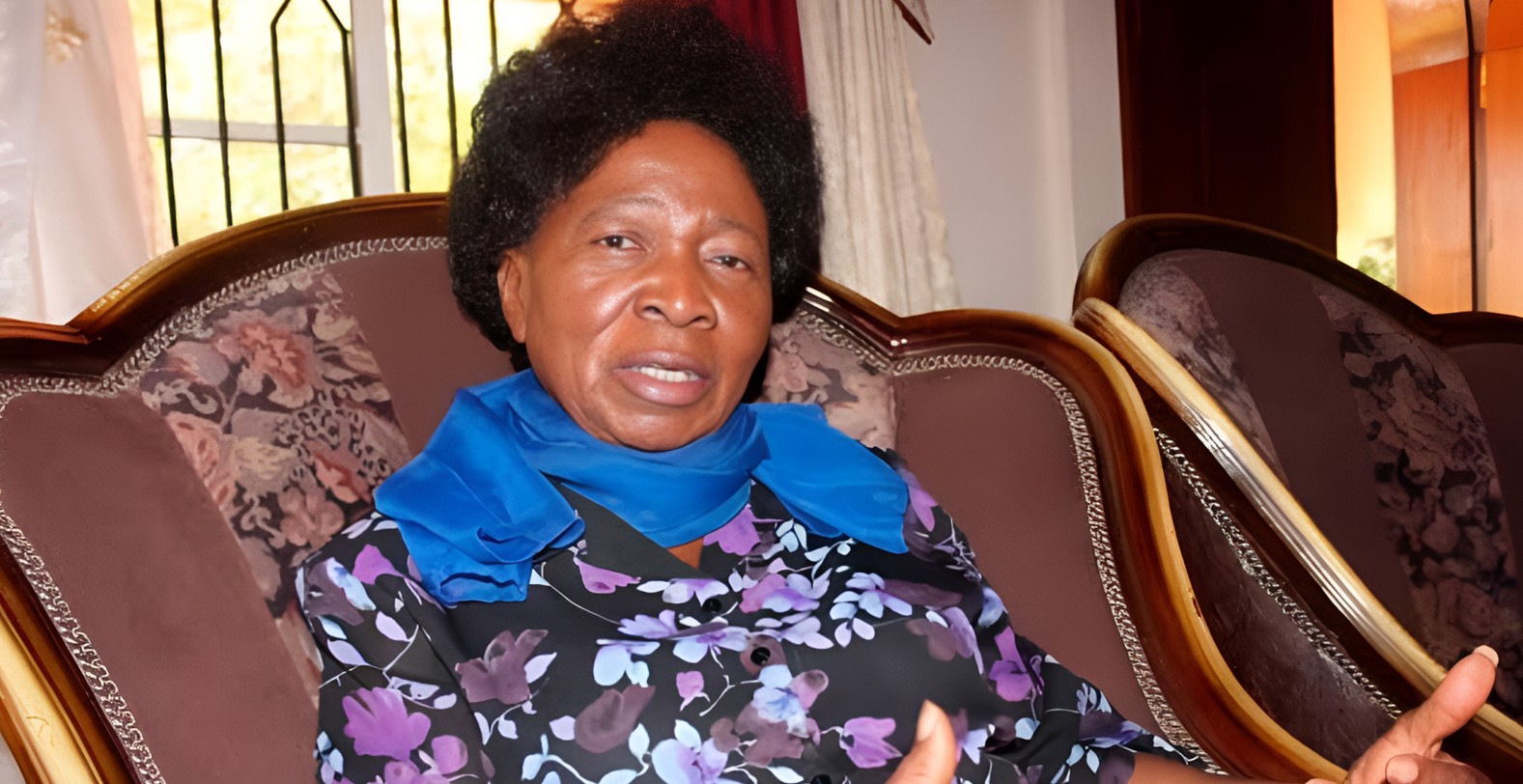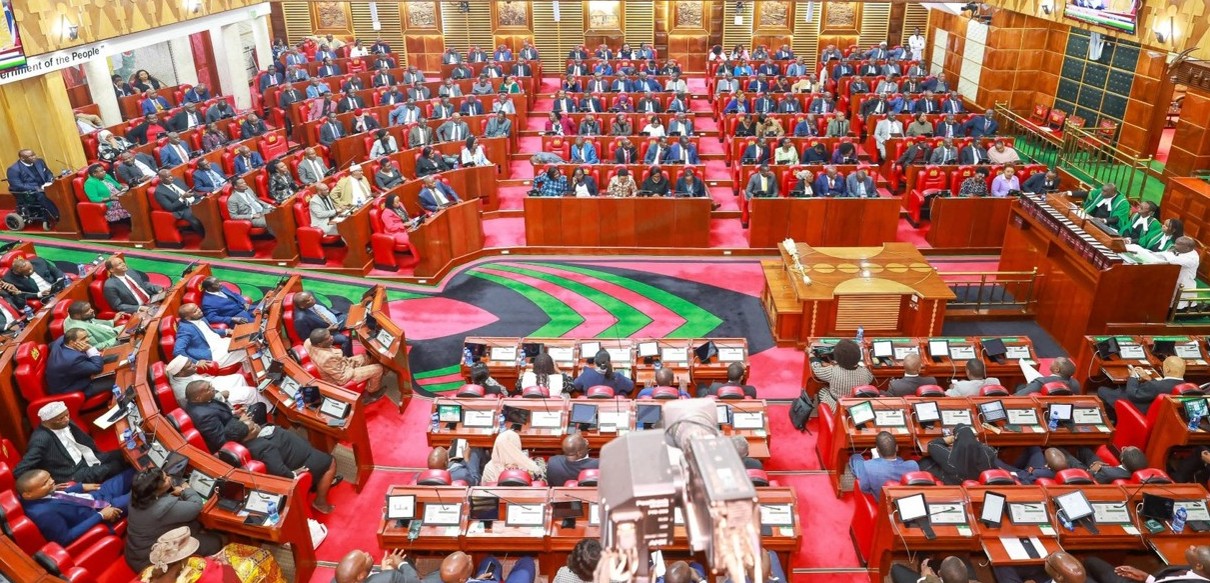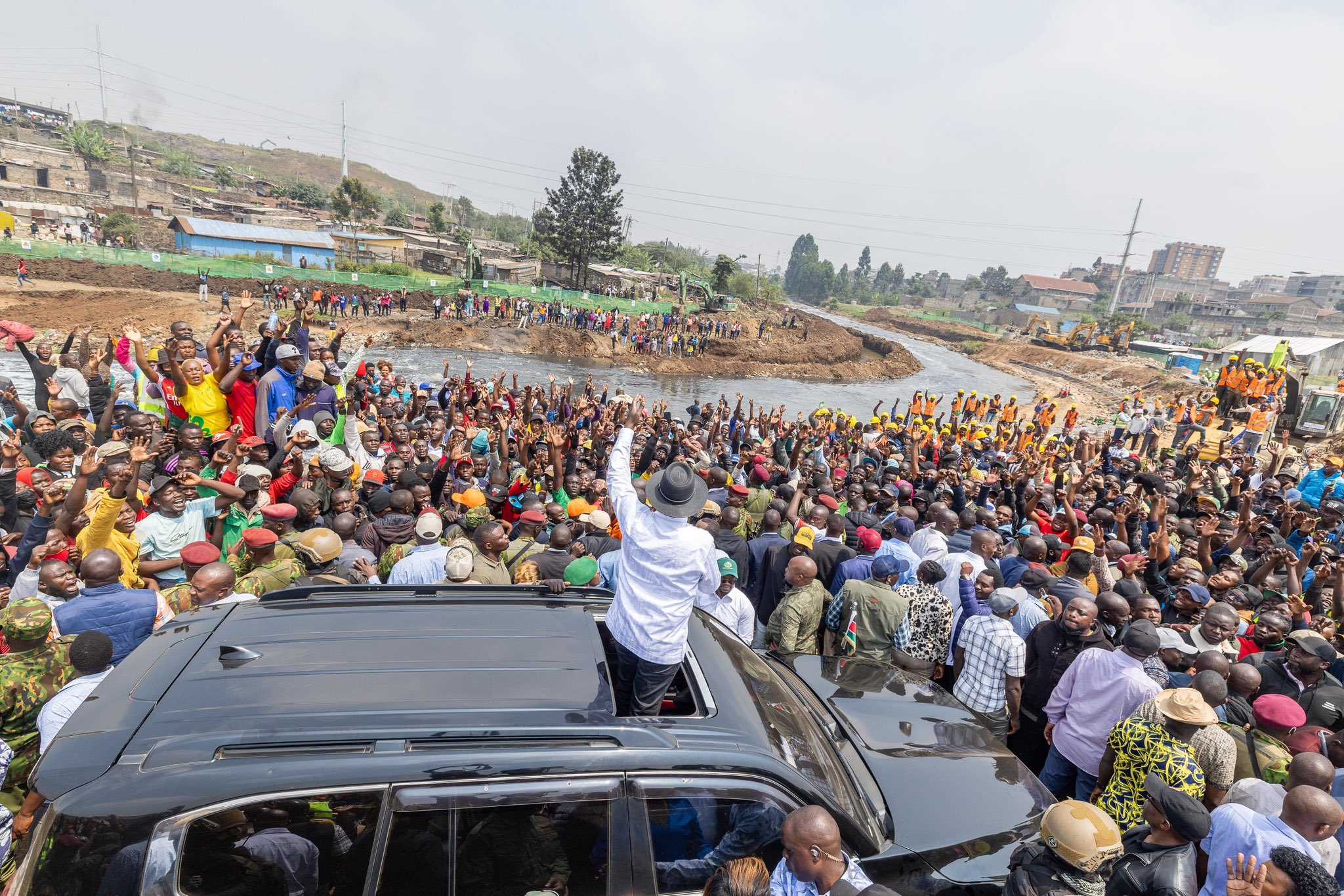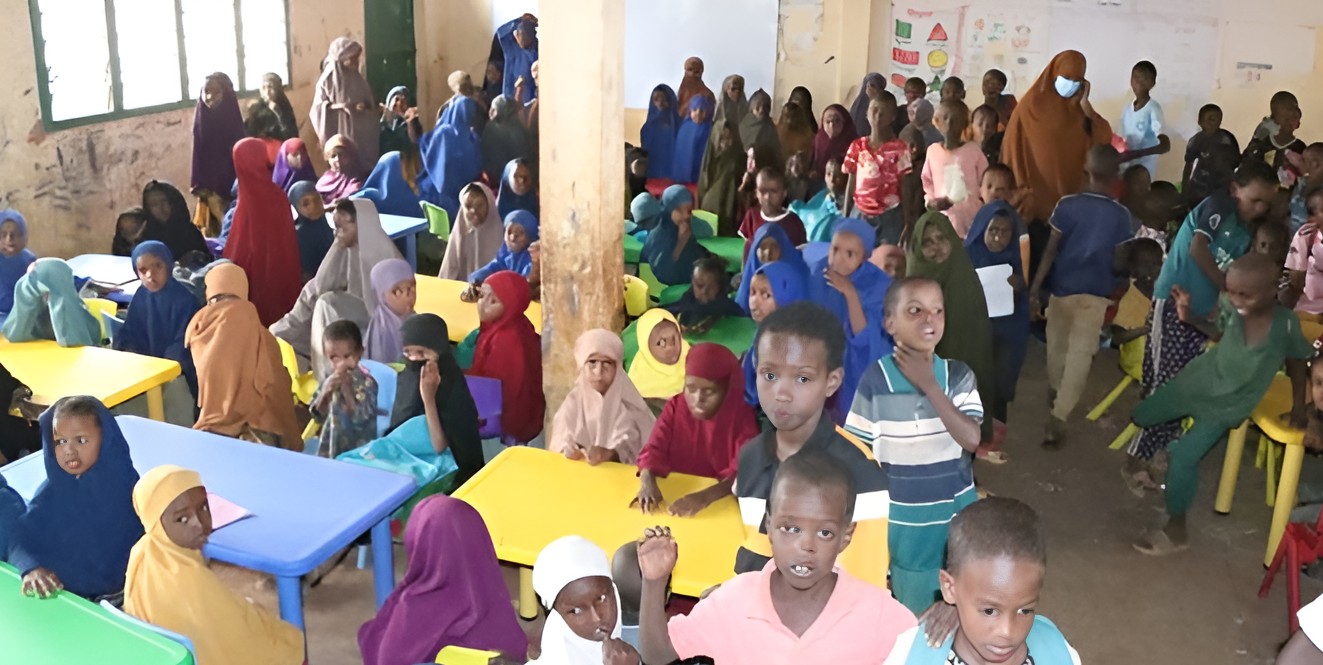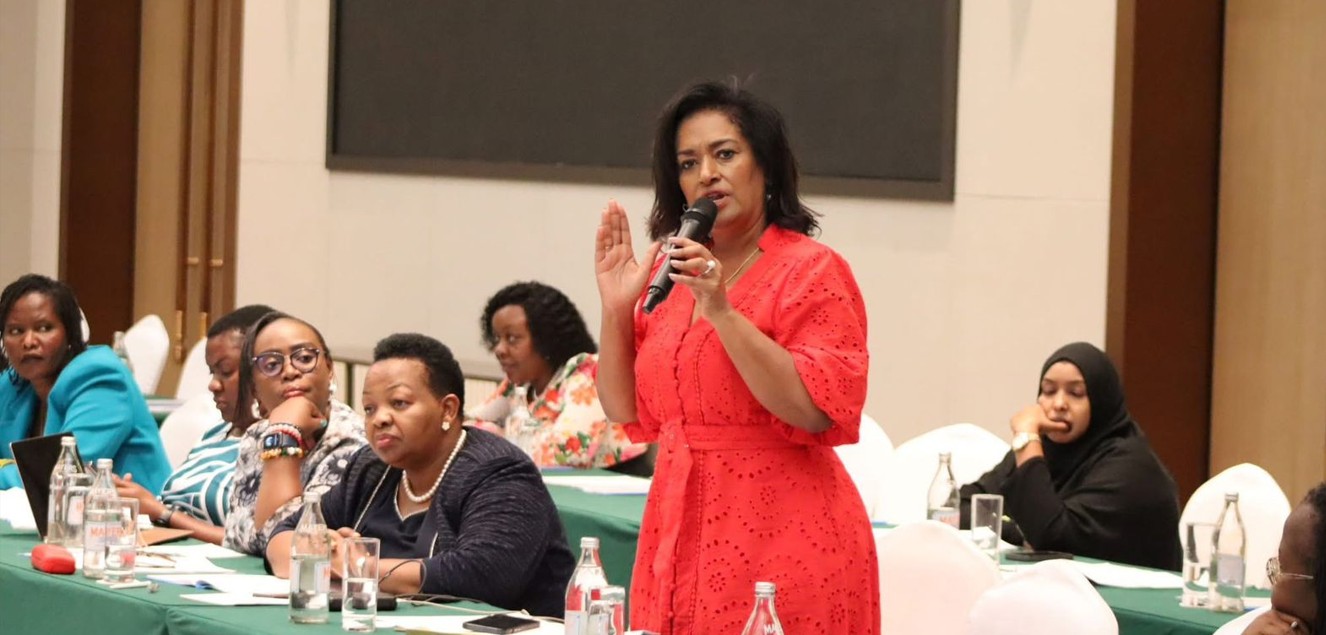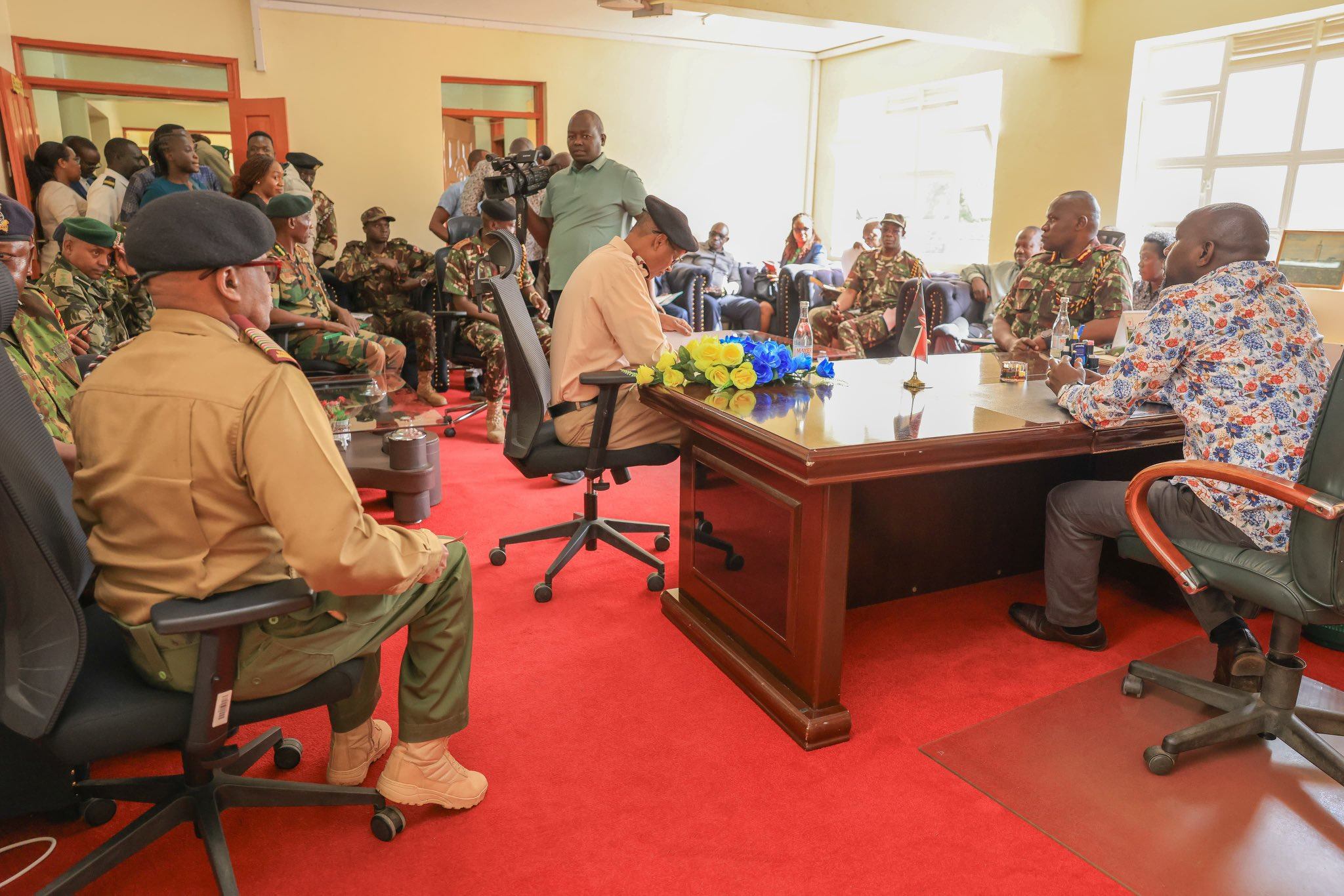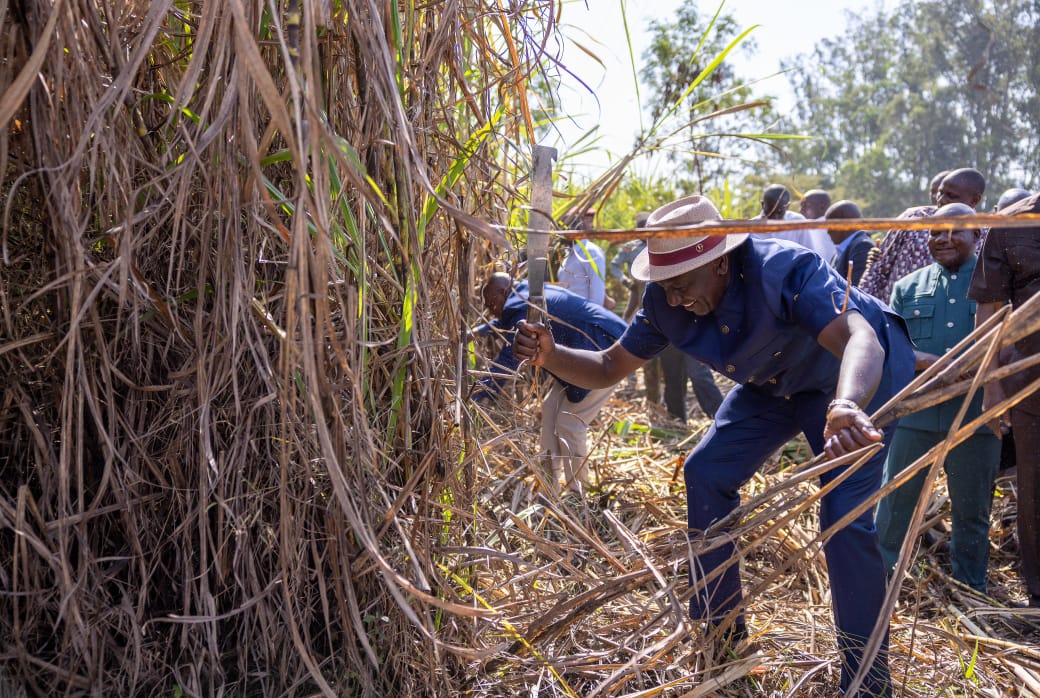Reckless election talk threatens peace, democracy, say rights groups
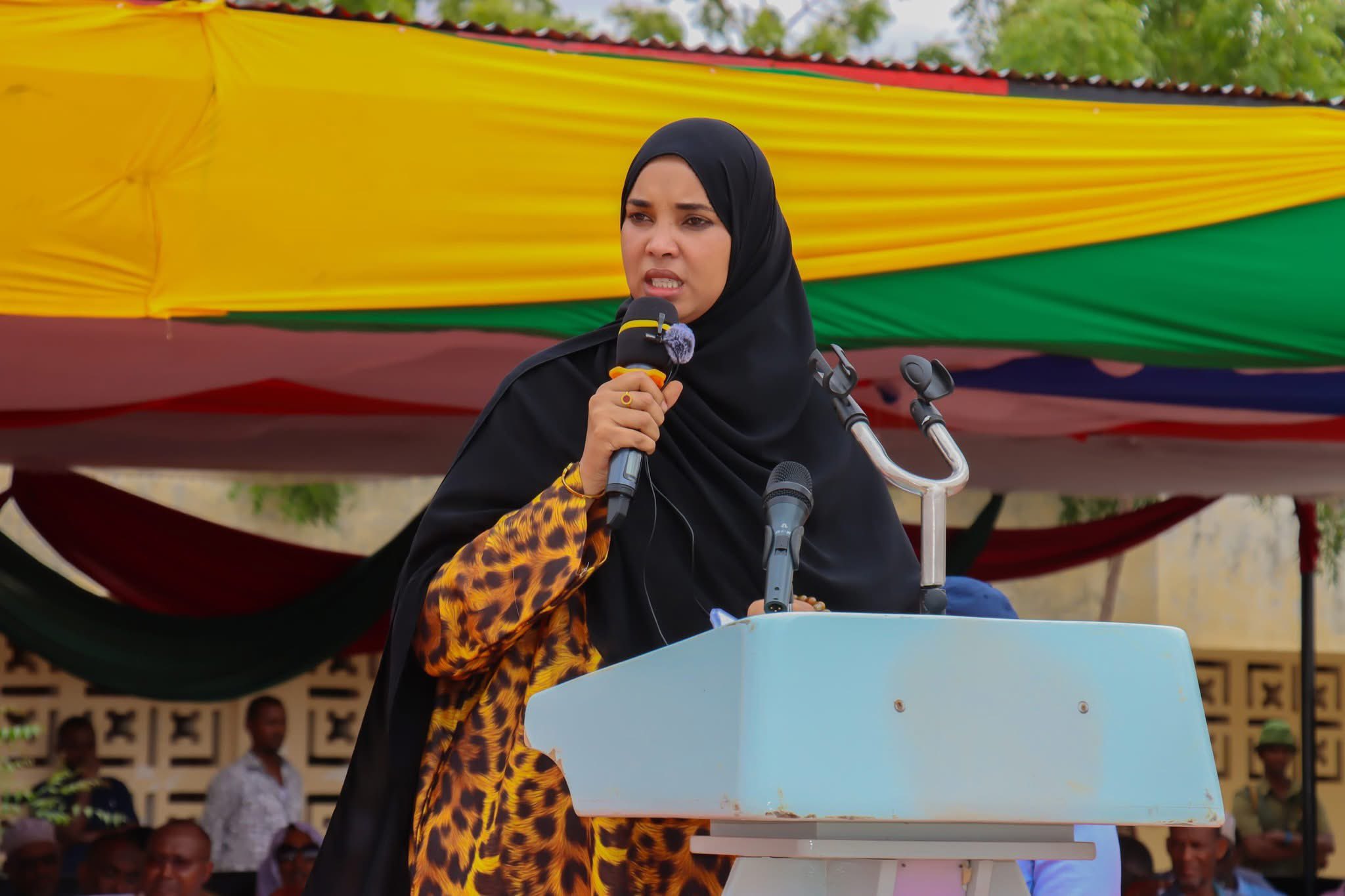
Masinde called on the National Cohesion and Integration Commission (NCIC) and the Independent Electoral and Boundaries Commission (IEBC) to act swiftly and hold reckless politicians to account under the law.
Transparency International Executive Director Sheila Masinde has expressed concern over reckless remarks made by political leaders about the 2027 General Election contest.
Masinde told the Eastleigh Voice that if left unchecked, such utterances by some politicians threaten the peace and stability of the country.
More To Read
- Ruto declares readiness for 2027 election, says Kenyans will judge his track record
- Ex-DP Rigathi Gachagua launches DCP’s diaspora office in Seattle
- Miguna backs Gen Z, dismisses Gachagua-led opposition and Ruto’s regime as a joke
- Gachagua rejects Raila’s dialogue proposal, calls for "ballot-based change" in 2027
- New IEBC commissioners face acid test ahead of 2027 elections
- MP Caleb Amisi to Kenyan youth: Your power is at the ballot, not in the streets
“When politicians start talking about rigging elections, we expect the institutions responsible for overseeing electoral governance to hold them accountable, as required under the law,” said Masinde.
She was referring to comments made by Wajir Woman Representative Fatuma Abdi Jehow, who recently claimed they would help rig the election in favour of President William Ruto, who is seeking a second term in 2027.
Masinde called on the National Cohesion and Integration Commission (NCIC) and the Independent Electoral and Boundaries Commission (IEBC) to act swiftly and hold reckless politicians to account under the law.
“Statements from politicians are threatening peace and stability. It would be in the country’s best interest if the NCIC and IEBC intervened before the situation deteriorates further,” he urged.
Amid rising concern over irresponsible political statements that could undermine peace, the IEBC has also condemned claims of a plot to rig the 2027 General Election, issuing a warning to political figures.
In a statement issued on July 13, the commission described such remarks from some politicians as “unacceptable and reckless”, warning they risk eroding public trust in the electoral process.
“The Commission is concerned about statements on election malpractices in the country. Such utterances are unacceptable and reckless in a democratic society such as ours,” the statement read in part. “The IEBC urges all Kenyans to ignore or disassociate themselves from such comments.”
The IEBC’s statement followed controversial remarks made by Fatuma on Saturday, July 12, during her homecoming event. Addressing supporters, Fatuma stirred outrage by claiming that MPs from the North Eastern region were ready to manipulate the presidential polls to secure President Ruto’s re-election.
“Sisi wabunge wa North Eastern maneno ya President, tunasema ‘tutam’, hata kama hatutakuwa na votes tutamwibia... hio si siri,” she said, which loosely translates to: “We, MPs from North Eastern, support the President. Even if we don’t have the votes, we’ll steal them for him… that’s no secret.”
The remarks have sparked public outcry, with Nairobi Senator Edwin Sifuna calling on the electoral body to take action against Fatuma.
The IEBC has since clarified that it has neither declared nor gazetted any elections for 2027, and therefore, the country is not in an official campaign period.
“It should be noted that the IEBC has not declared any elections. Further, no gazettement or declaration has been made to warrant such political utterances and propaganda,” the commission stated.
To further clarify its position, the IEBC cited a 2023 Supreme Court ruling involving former Murang’a Woman Representative Sabina Chege. In 2022, Chege faced disciplinary summons by the IEBC after claiming that the 2017 election had been rigged in favour of the Jubilee Party.
Chege challenged the summons, arguing the IEBC lacked the power to take disciplinary action outside an official election period. The case escalated to the Supreme Court, which ultimately ruled that although the IEBC can enforce the Electoral Code of Conduct, it can only do so during an official election period after an election has been declared and candidates nominated.
Human rights lawyer Gitobu Imanyara criticised Fatuma’s statement, arguing it was not merely a careless joke but an admission of criminal intent.
“Electoral fraud is not a political tactic. It is a criminal act. It is a direct assault on the Constitution, on democracy, and the Kenyan people. That such a statement can be uttered publicly, brazenly, and without immediate consequence shows how far Kenya has descended into the normalisation of impunity,” said Imanyara.
Top Stories Today
